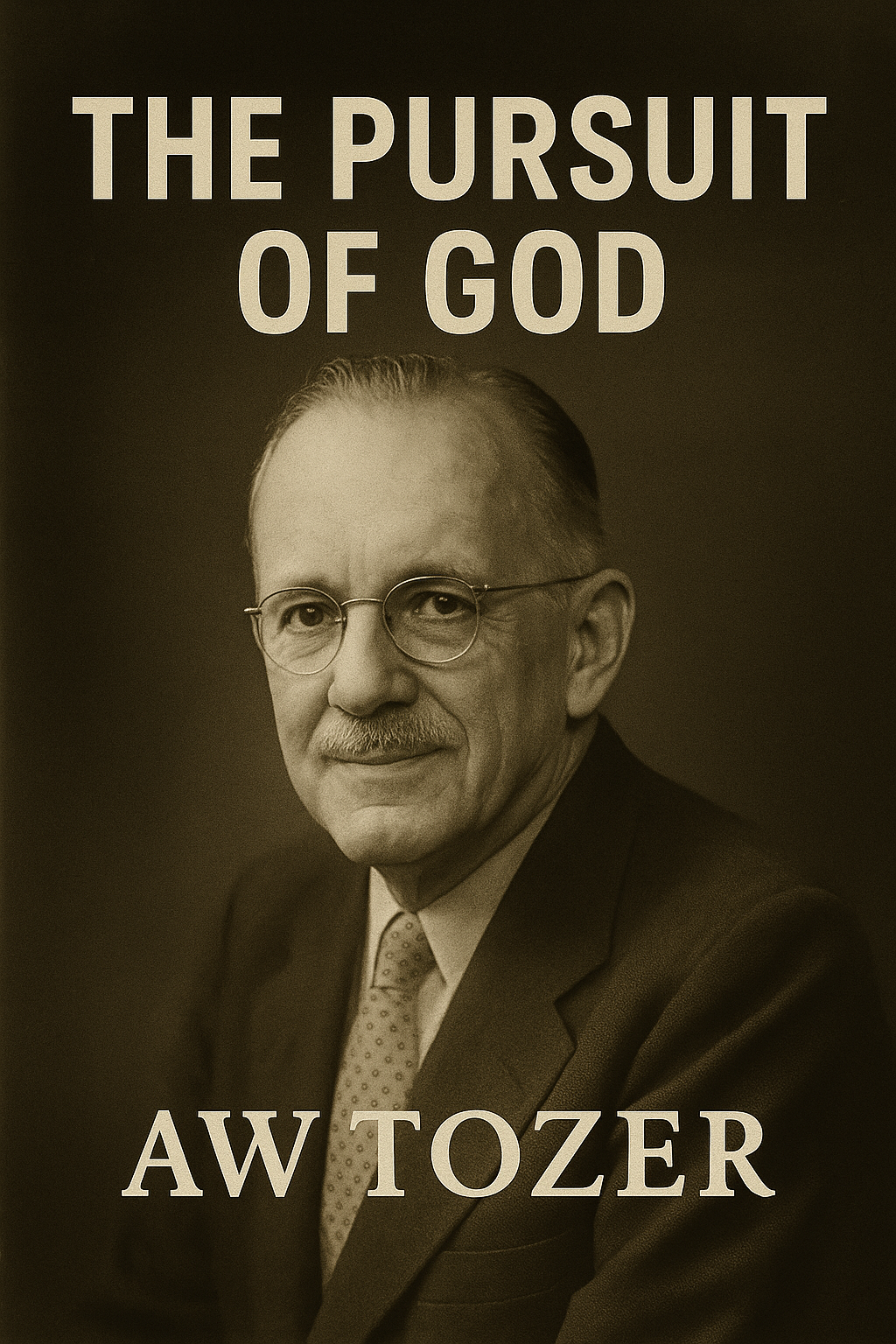
Contents
Chapter 5: The Universal Presence
God is here. That's not just a comforting phrase—it's a foundational truth. He is not far off, not limited to sacred spaces or special moments. He is fully present everywhere, always. The prophets and apostles taught this clearly, but for many of us, it remains a distant idea rather than a lived reality. Our spiritual lives remain shallow not because God is absent, but because we are unaware.
This truth—that God is wholly present in every part of His creation—is not pantheism. God is not equal to creation, nor is He absorbed by it. He remains distinct, separate, sovereign—even while being totally immanent. He is here, yet not contained. He fills the universe, but the universe does not define Him.
David grasped this: "Where can I go from Your Spirit? Where can I flee from Your presence?" Whether in the heights of heaven or the depths of death, God is there. Jacob, startled by a dream, exclaimed, "Surely the Lord is in this place—and I didn't know it." That is our problem too. We don't know it. We miss Him, not because He's gone, but because we've trained ourselves not to notice.
There is a difference between God's presence and the manifestation of His presence. He is always here, but He becomes real to us when we become aware of Him. And that awareness—spiritual consciousness—comes through surrender. The Spirit of God reveals the Father and the Son, not to the clever or religiously busy, but to the quiet soul who wants to see.
Our spiritual lives don't suffer from God's distance but from our dullness. We think of God as far away when He is right here, closer than our breath. The problem isn't geography—it's awareness.
Think of it like this: a father might say his son is growing "closer" to him, even though the son has lived in the same house since birth. The closeness isn't about space—it's about understanding, connection, and mutual recognition. The same is true with God. When we pray, "Draw me nearer," we don't mean spatial distance; we mean relationship.
Some believers seem to live in constant awareness of God's presence. Why? Not because they're better loved by God, but because they've learned to respond. They've cultivated spiritual sensitivity. They turned a flicker of longing into a blazing fire. The difference between them and us is not ability—it's responsiveness.
But here lies the challenge: spiritual receptivity can be lost. It can also be cultivated. It grows through trust, humility, and obedience. But in our fast-paced, entertainment-driven culture, we've forgotten the slow, sacred work of communion. We've substituted noise for stillness, performance for presence, and emotion for encounter. We try to microwave what only comes through marination.
The saints of old knew the secret: receptivity matters. They weren't all alike—some were scholars, some were mystics, some were plain people—but they all responded when God whispered. They were attentive. That made all the difference.
So what should we do? Start where we are. Repent of being too busy, too distracted, too indifferent. Ask God to open your eyes, to quicken your awareness, to make Himself real to you. Don't wait for a special place or time. You can meet Him in the kitchen, the car, the hospital bed. Anywhere. The door is always open.
God is not playing hard to get. He is here. He always has been. The problem is not His absence, but our blindness. If we respond—if we look—we will find that He has been looking at us all along.
"The world is alive with His life."
O God and Father,
I repent for how easily I've been distracted by visible things. You were here—and I didn't even know it.
Open my eyes. Let me see You around me and within me.
Make me more aware of Your nearness than anything else in my life.
For Jesus' sake,
Amen.